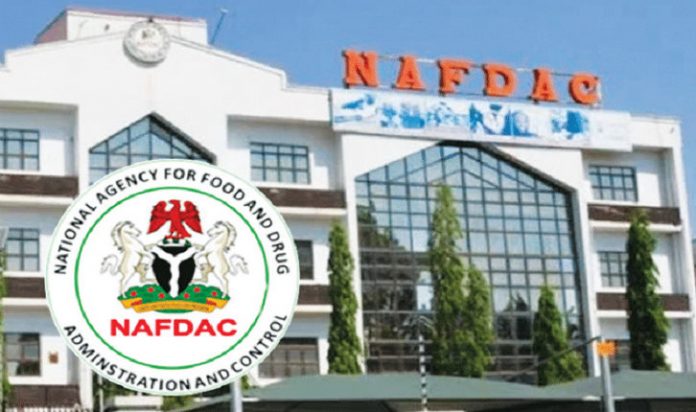The National Agency for Food and Drug Administration and Control (NAFDAC) has expressed concerns over the usage of Azo Dye, also known as Sudan Dye, to make palm oil appear reddish and appealing.
Azo dye is a type of chemical used to color fabrics, the agency hinted.
Prof. Moji Christianah Adeyeye, Director General of NAFDAC, described the behavior as “wicked and inhuman,” emphasizing that the medicine is fatal because it causes progressive deterioration of human health.
Sudan dyes, also known as Azo dyes, are synthetic organic compounds used as dyes for a range of polymers and to stain sudanophilic biological materials, the most common of which being lipids.
Azo dye is considered an illegal dye, because to its long-term harmful effects, which include cancer promotion.
Represented by the agency’s Director of Chemical Evaluation and Research, Pharm (Mrs) Ngozi Onuorah , the NAFDAC Director General said: “We have discovered the sharp practices where sellers of red palm oil now put Azo dye to make it very reddish for it to look very glittery and tantalizing so that unsuspecting consumers can easily buy them.
While calling on members of the public to be vigilant, Prof. Adeyeye said: “When you see red oil is very tantalizing and too reddish, you should begin to have some level of suspicion on it.”
She, however, called on marketers and dealers of palm oil and even farmers to be very vigilant and that anybody they discover using such chemicals on red oil should be reported to the security agencies.
According to her, “We are giving considerable attention to the markets because there are a lot of activities going on there. Some are based on ignorance while some are deliberate because they went cut corners and make gain.
“The renewed campaign of NAFDAC is going from market to market because a lot of atrocities, sharp practices are going in some of our local markets both in the cities and the rural areas.
“The emphasis has been on processed foods but there is a paradigm shift in our campaign to focus on row foods that enter our markets.”

